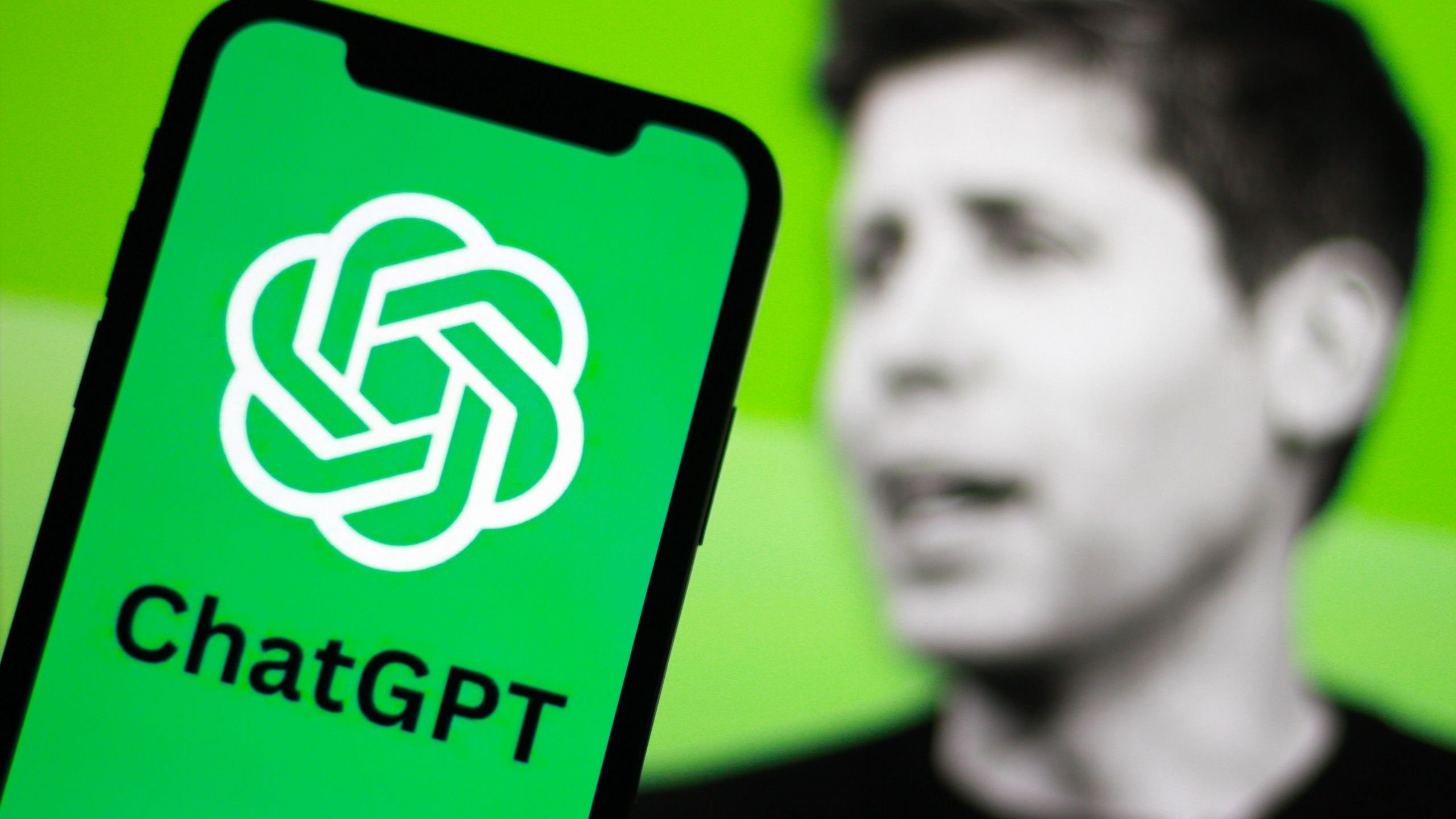OpenAI Announces Customizable ChatGPT with New Adult Mode

Key Points
- OpenAI will launch a new ChatGPT version modeled after GPT‑4o.
- Users can customize tone, personality, and emoji usage.
- A verified‑adult "adult mode" will permit erotica and mature content.
- Age‑gating tools will be used to restrict adult features to verified users.
- The update aims to balance greater flexibility with continued safety safeguards.
OpenAI CEO Sam Altman announced a forthcoming version of ChatGPT that will behave more like the earlier GPT‑4o model. The update will let users customize tone, personality and emoji usage, and will introduce an adult‑only mode that permits verified adults to generate erotica and other mature content. Altman said the changes aim to balance greater flexibility with stronger safeguards after a period of restrictive policies focused on mental‑health concerns. The move reflects OpenAI’s shift toward more personalized AI experiences while maintaining age‑gating tools to address safety and ethical considerations.
New Features and Customization
OpenAI’s chief executive Sam Altman used the platform X to reveal that a new version of ChatGPT is on the way, one that will emulate the behavior of the older GPT‑4o model. The forthcoming update is designed to give users greater control over how the chatbot interacts, including options to adjust tone, select distinct personalities, and incorporate emojis into responses. Altman described the change as a response to feedback that the current default often feels overly formal, likening it to corporate HR rather than a conversational partner. By offering these customizable settings, OpenAI hopes to make the assistant feel more personable and adaptable to a wider range of user preferences.
Adult Mode and Policy Changes
Alongside the customization tools, OpenAI will roll out a new "adult mode" that will be available only to users who verify their age. This mode will allow the generation of erotica and other mature content, a notable shift from the existing policy that prohibits such material except in specific educational, medical, or historical contexts. The company plans to implement age‑gating mechanisms to ensure that only verified adults can access the feature. Altman framed the policy reversal as part of a broader effort to fine‑tune safety measures while giving responsible adults the freedom to explore a broader range of content.
Balancing Safety and Flexibility
OpenAI’s earlier approach emphasized restrictive safeguards aimed at protecting mental‑health concerns, which Altman acknowledged made the service less useful for users without those issues. The new direction seeks to strike a balance: maintaining robust safeguards for vulnerable users while easing restrictions for the broader audience. Altman emphasized that the adult mode and the customizable personality options will be opt‑in features, allowing users who prefer a more straightforward, PG‑rated experience to continue using the default configuration.
The announcement underscores a tension that has long existed in AI development—between providing creative freedom and enforcing ethical standards. By introducing granular controls and age‑verified access, OpenAI signals a move toward a more nuanced, user‑centric model that can adapt to varying expectations for safety, expression, and personalization.